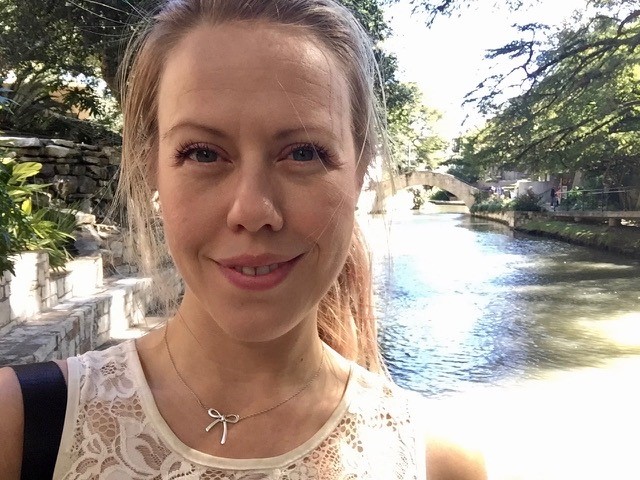Meet the Trainer – Ashley Sanders

In spirit of the International Day of Women and Girls in Science (11 February), we are proud to launch our “Meet the Trainer” Series, in which we will profile some of the amazing trainers from the EMBL Course Programme. We begin with Dr. Ashley D. Sanders, a distinguished scientist in the Genome Biology Unit of EMBL whose research focuses on how single-cell genomes change over time and how this impacts cell behavior.
Ashley will be training at the upcoming EMBO Practical Course: Single-Cell Omics (12 – 18 May 2019) and we asked her to give us some insights and tips for the course, as well as answer some not so scientific questions.
What is the greatest benefit of the course for the scientific community?
Without a doubt, single-cell measurements have emerged as the most direct method for deconvoluting complex and heterogeneous samples, and for exploring how subpopulations of cells respond to experimental manipulations. This course will allow participants to learn some of the most cutting-edge technologies and gain valuable hands-on experience from leading experts in the field. I hope this will help inspire new research, discoveries and collaborations.
What could the techniques in this course be used for in the bigger picture?
New technology equips us with new tools to explore long-standing questions in biology. Emergent single-cell omics methods are now providing us with the chance to ask how individual cells differ in terms of their DNA mutational profiles, epigenomic states and transcriptional outputs – enabling us to explore dynamic cellular relationships through a new lens. In unravelling these relationships we will better understand how diversity is established and maintained in healthy human tissues, and how aberrations in these processes can lead to disease.
Are the methods used in this course unusual or new?
The course will highlight some of the newest and most exciting methods in genomic research, including single cell bisulfite sequencing, single-cell RNA-seq and Strand-seq. Strand-seq is a novel single-cell and strand-specific sequencing method and this is the first time it will be offered in a course format.
What is your number one tip related to the course?
Engage. Take time to interact with the other participants and the trainers. This course offers a unique opportunity to meet your colleagues in the field of single-cell biology, which can lead to new relationships and collaborations.
What challenges is your research field facing?
Single-cell genomics is expensive, noisy and complex. We need to bring down the cost of production to increase throughput and access more cells. We need to improve benchtop protocols to generate higher quality data from each cell we invest in. And we need smarter and faster bioinformatics that extract meaningful signal and integrate data layers across cells and experiments.
Where is science heading in your opinion?
We are in a single-cell omics era. Novel approaches are now available to untangle complex biological systems through multi-layered and complementary data types. By designing smart experiments that integrate across these layers, I believe we are positioned to unravel how homeostatic multicellular tissues are generated and maintained. In understanding these nuanced and cooperative inter-cell relationships, we will be in a position to deliver more holistic cell-based health care. This may involve selectively targeting rogue cells that disrupt our systems or producing functional regenerative tissues for transplants.
What was your first ever job?
Selling coffee through the Tim Hortons drive-thru in Toronto, Canada
If you weren’t a scientist, what would you be?
Yoga instructor